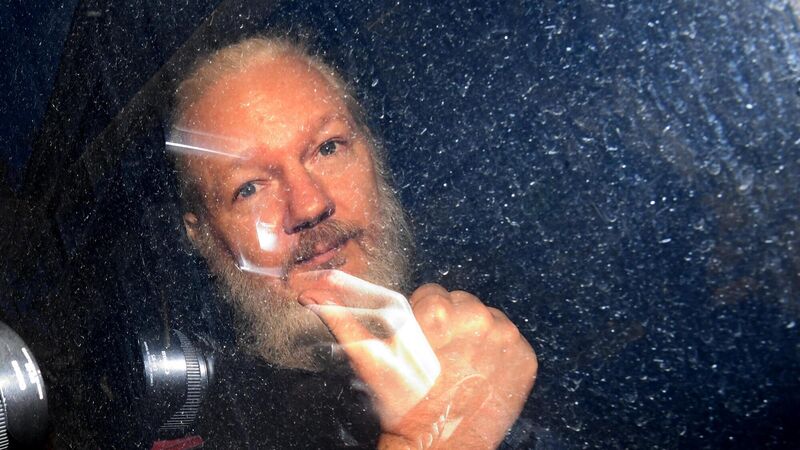Irish Examiner view: Ireland should speak out for Julian Assange

The Government has been depressingly silent over Julian Assange while it is happy to make plenty of other proclamations.
Try from €1.50 / week
SUBSCRIBEPeople may not care much about what happens to Julian Assange. Until recently he had been a long time out of the headlines.
Yet last week’s key hearings in the High Court in London remind us that it is not relevant whether we like, or approve, of someone at the centre of a legal action. It is important that they are treated with justice.
Already a subscriber? Sign in
You have reached your article limit.
Annual €130 €80
Best value
Monthly €12€6 / month
Introductory offers for new customers. Annual billed once for first year. Renews at €130. Monthly initial discount (first 3 months) billed monthly, then €12 a month. Ts&Cs apply.
CONNECT WITH US TODAY
Be the first to know the latest news and updates
Newsletter
Sign up to the best reads of the week from irishexaminer.com selected just for you.
Newsletter
Keep up with stories of the day with our lunchtime news wrap and important breaking news alerts.
Newsletter
Sign up to the best reads of the week from irishexaminer.com selected just for you.
Monday, February 9, 2026 - 5:00 PM
Monday, February 9, 2026 - 7:00 PM
Monday, February 9, 2026 - 8:00 PM
© Examiner Echo Group Limited